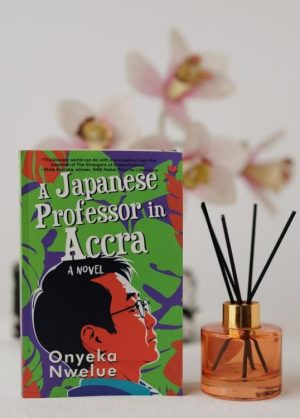
Accra is not just Ghana’s capital; it is a city of constant reinvention. It stands at the intersection of tradition and modernity, shaped by the Atlantic breeze, alive with markets, art, music and the rhythms of everyday survival.
For many writers, Accra becomes more than a backdrop; it is a character, a living presence that influences the lives of those who move through its streets.

In Onyeka Nwelue’s novel, A Japanese Professor in Accra, the city once again takes centre stage; but this time, it is refracted through foreign eyes: those of Professor Hideki Suzuki, a Japanese endocrinologist whose visit transforms his understanding of both medicine and humanity.
A foreign gaze, a familiar city
What happens when someone unfamiliar with a city begins to see it closely? That is one of the questions Nwelue explores in his novel. Professor Suzuki arrives in Accra as an outsider — an academic, a scientist, a visitor with a specific mission.
Yet, as he navigates the city’s energy, its contradictions and its warmth, Accra ceases to be a mere location. It becomes a lens through which he interrogates his own assumptions about life, illness and culture.
Nwelue allows readers to see Accra simultaneously as locals live it and as foreigners encounter it. The city’s sensory overload — the colours of Makola Market, the traffic of Oxford Street, the sea breeze at Labadi Beach — are described in ways that blend wonder, curiosity and, at times, disorientation.
But within that disorientation lies discovery; and through Suzuki’s gaze, readers are invited to reconsider Accra with fresh eyes. Literature often turns cities into cultural texts, inviting us to read them beyond geography. In A Japanese Professor in Accra, the city embodies multiple layers:
- Historical – The shadows of colonial past and the resilience of independence echo in its architecture and institutions.
- Social – From roadside vendors to university lecture halls, Accra reveals its economic disparities and its ceaseless hustle.
- Cultural – The vibrancy of Ghanaian music, food and community life permeate the novel, reminding us that culture in Accra is not static but dynamic, shifting with every encounter.
Suzuki’s experience highlights how cities are not neutral spaces. They shape identity, influence thought and provide context for transformation. Accra, in this sense, is not just where the story happens; it is what makes the story possible.
Accra is a cosmopolitan city, yet it retains its rootedness in Ghanaian traditions. Nwelue captures this duality by bringing a Japanese protagonist into its fold. Through Suzuki, we see how Accra negotiates its place in the world: global yet distinctly local, welcoming but also demanding.
This cosmopolitanism is not merely about international connections but about how locals themselves live in multiple worlds — navigating traditional practices, colonial legacies and global modernity – all at once. By framing Accra through foreign eyes, Nwelue magnifies the city’s ability to host multiple narratives at the same time.
Reimagining the city in literature
What Nwelue ultimately achieves in A Japanese Professor in Accra is a reimagining of Accra beyond its clichés. Too often, African cities in literature are portrayed only through the lenses of poverty, chaos or corruption. Here, Accra is complex: chaotic but beautiful, challenging but inspiring; a place where science, culture and humanity intersect.
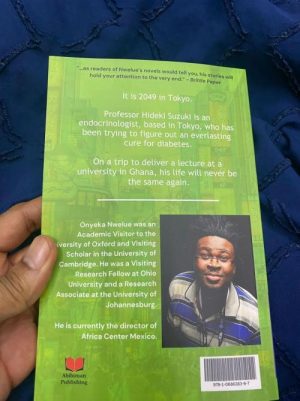
Through Suzuki’s interactions with Ghanaians, the city is portrayed as a site of exchange, not just a passive backdrop. It is where ideas cross borders, where traditions confront modernity and where foreign visitors are compelled to reckon with their own humanity.
Accra Through Foreign Eyes is not only the subtitle of this reading of Nwelue’s novel; it is also an invitation. By situating a Japanese professor within Ghana’s capital, Nwelue urges readers — both local and international — to pause and see Accra anew. For locals, the novel is a mirror, reflecting familiar sights and sounds with fresh emphasis.
For outsiders, it is an entry point, a guided journey into one of Africa’s most dynamic cities. And for literature itself, it is a reminder that cities are living characters — capable of shaping, reimagining and transforming the stories we tell.
In the end, Accra in Nwelue’s hands is not just a place. It is a possibility; a city that, when seen through foreign eyes, teaches us to rediscover our own.
The post Accra through foreign eyes: How a Japanese professor in Accra reimagines the city appeared first on The Business & Financial Times.
Read Full Story











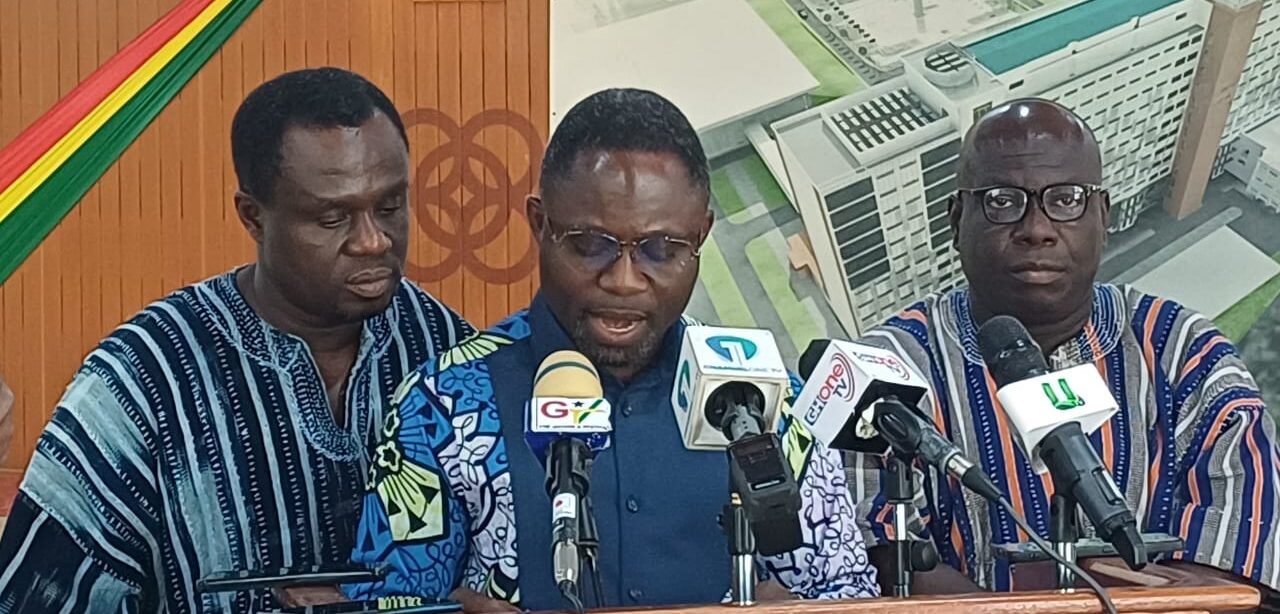





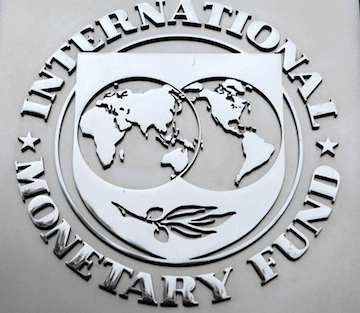
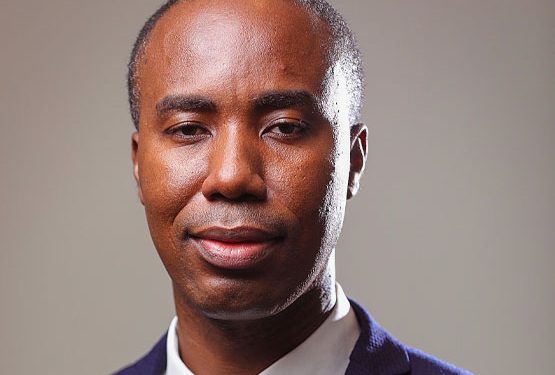


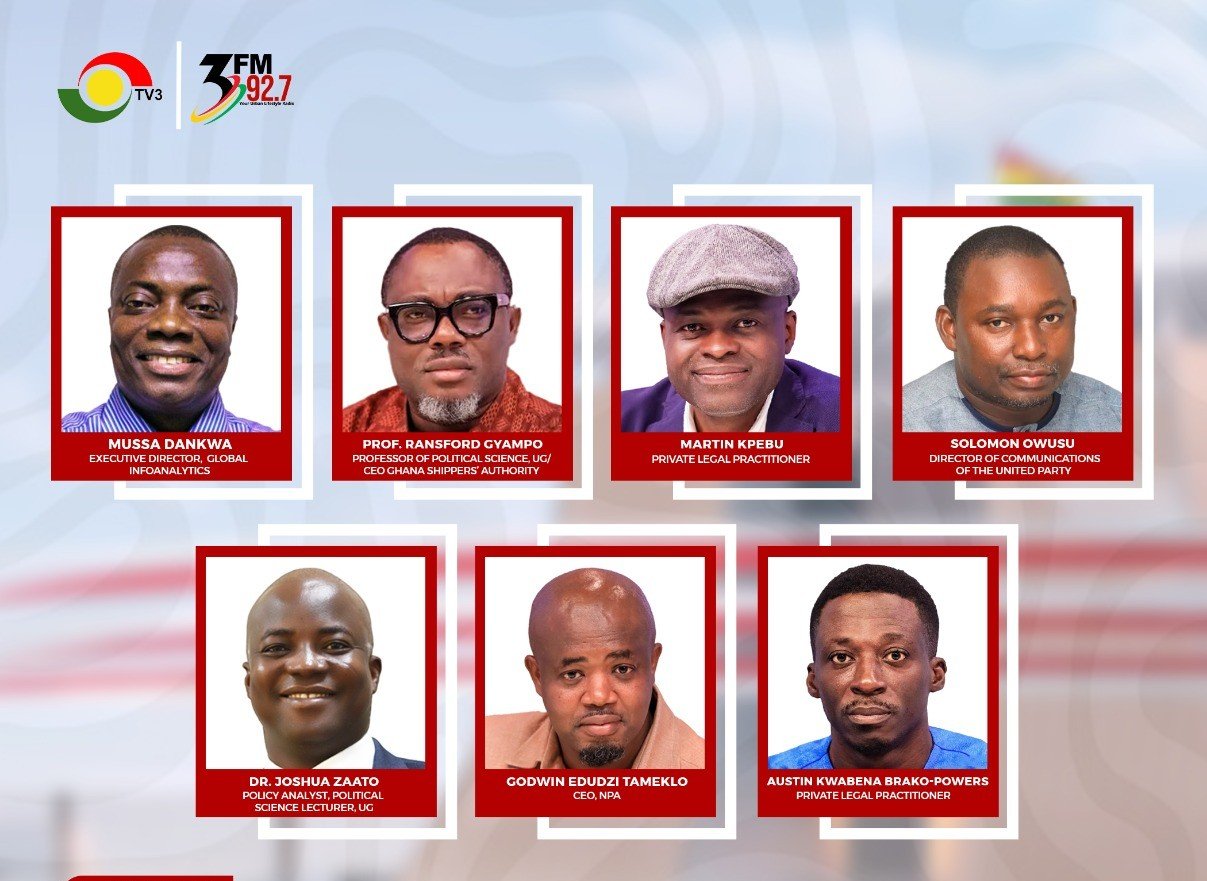



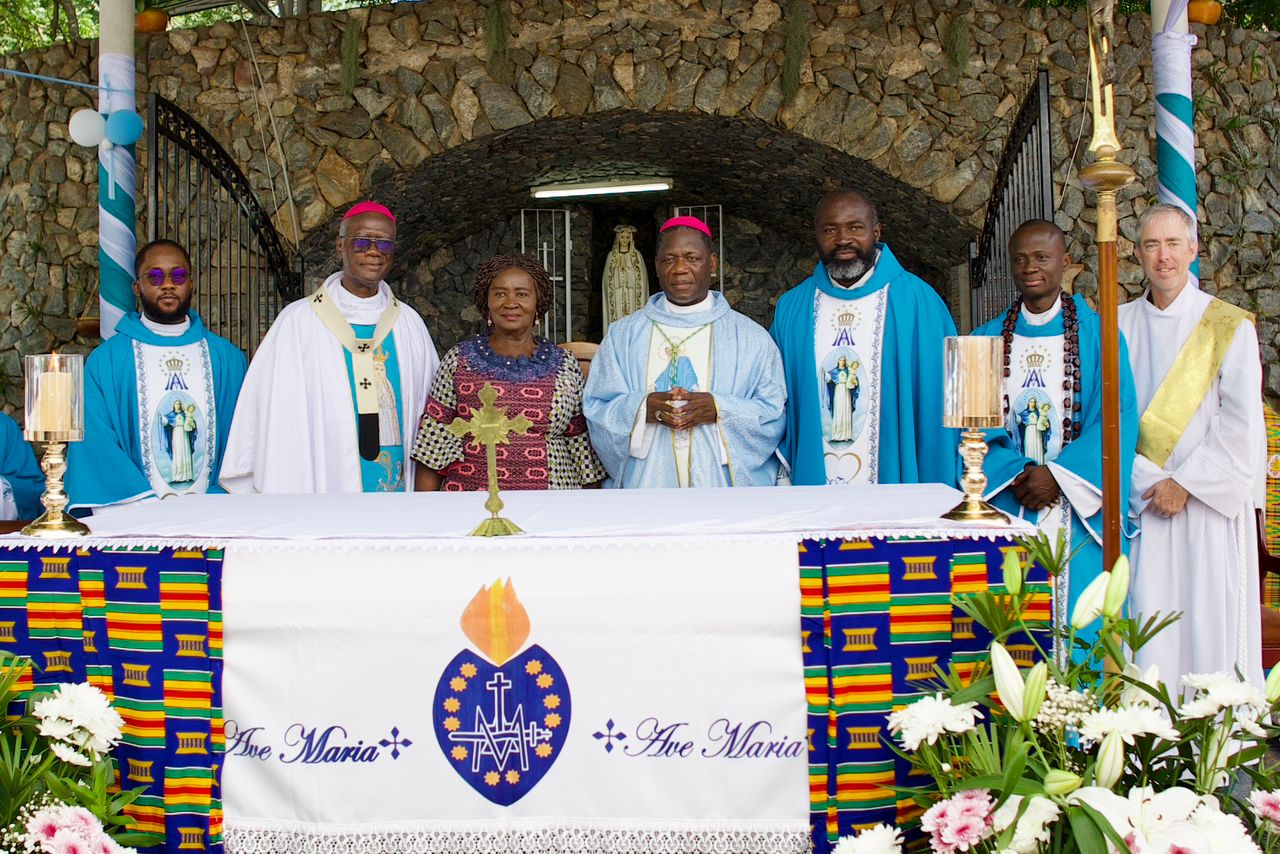
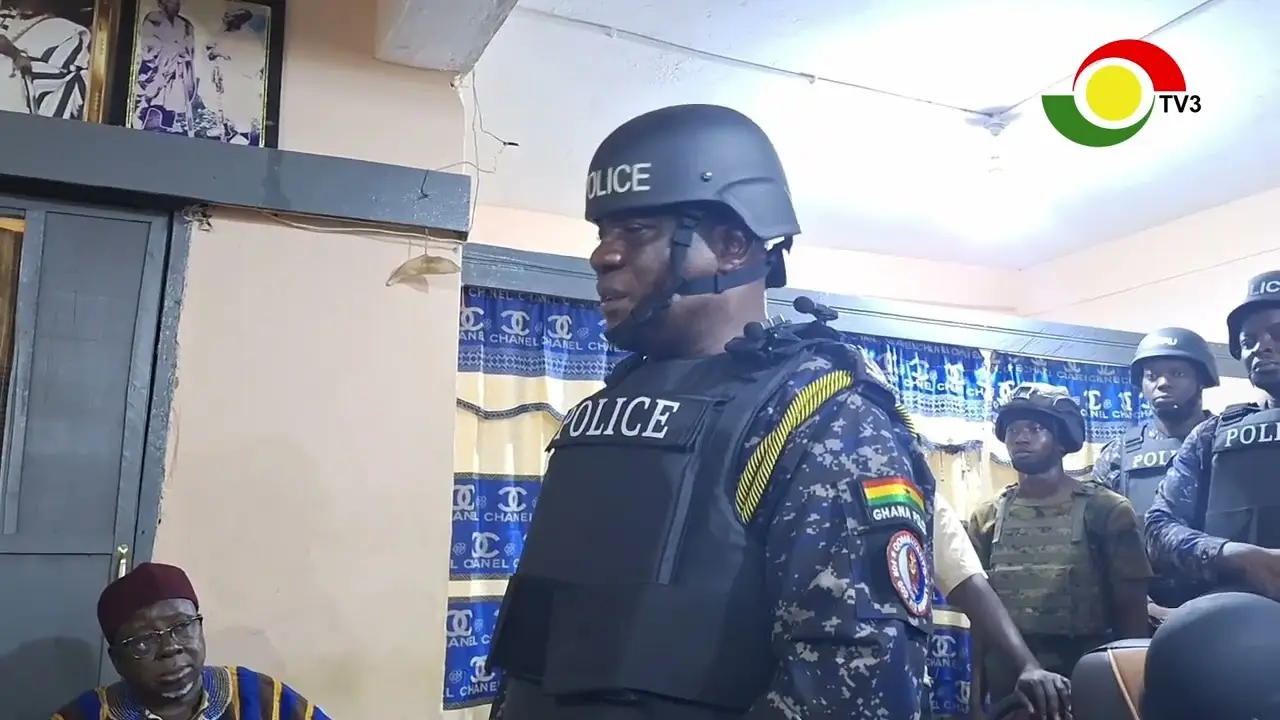
Facebook
Twitter
Pinterest
Instagram
Google+
YouTube
LinkedIn
RSS